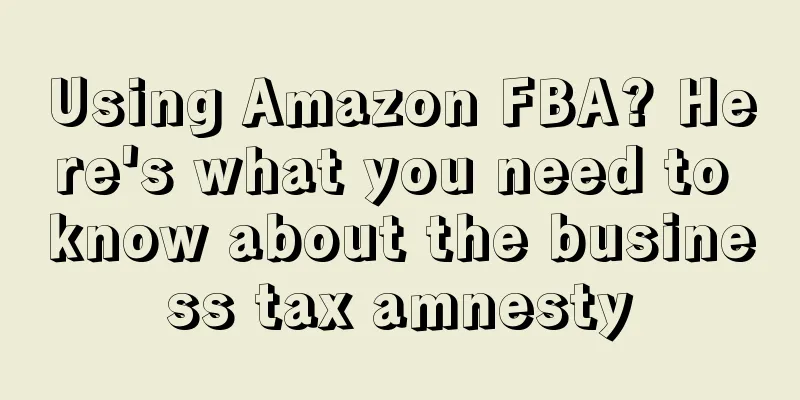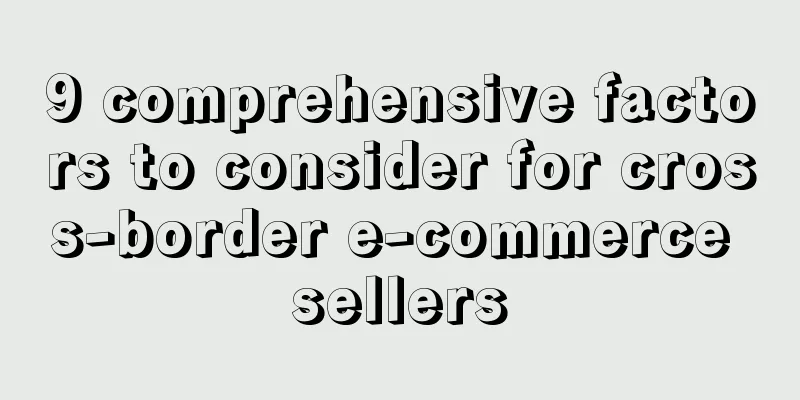Time is running out for online sellers using Amazon FBA (Fulfillment by Amazon) to take advantage of a partial amnesty for uncollected sales taxes in 23 U.S. states and Washington, D.C. Here's what you need to know.
Why do Amazon FBA sellers need tax exemption?
More than half of all items sold on Amazon are listed by third-party merchants on the company’s marketplace. Although online shoppers pay taxes when they buy goods directly from Amazon, they generally don't have to pay taxes if they order goods from third-party merchants.
The reason: a 1992 Supreme Court ruling saying retailers only need to collect sales tax in states where they have nexus, a legal term that refers to a significant physical presence, such as a store, warehouse or employees.
But Amazon’s FBA program has complicated things, prompting some states to replace the traditional nexus method with one that allows them to collect taxes from virtually operated companies.
Once an online seller’s goods are stored in and shipped from an Amazon fulfillment center, then under existing laws in several states, that merchant is required to collect sales tax – with more than 70 fulfillment centers in 20 states, tens of thousands of third-party sellers are now liable for approximately $2 billion in back taxes.
How does the tax amnesty program work?
Twenty-three states plus Washington, D.C. are part of the Multistate Tax Council’s “State Partnership Program,” which has launched a voluntary disclosure program that will allow marketplace sellers to begin collecting sales tax in select states in exchange for a portion of the large back taxes owed. The program began accepting applications on August 17 and is scheduled to run until October 17.
Things to Consider for FBA Sellers
Participating in this voluntary disclosure program will require FBA sellers to register in each selected state by December 1 to collect taxes on all sales (not just those that occur through the Amazon marketplace), as well as any other applicable taxes, such as corporate income or franchises. Additionally, sales tax rates range from a high of 7.25% in California to a low of 2.9% in Colorado, which can be a challenge for small businesses that register in multiple states.
That being said, Amazon FBA sellers who do not participate in the program run the risk of being audited and being forced to pay any uncollected sales taxes out of pocket, in addition to any late fees or interest.
Why all online sellers should comply sooner rather than later
Minnesota and Washington state recently passed laws requiring companies like Amazon and eBay to collect sales taxes on goods sold by third-party sellers through their platforms. Elsewhere, South Carolina filed a legal action against Amazon for $12.5 million in back taxes, penalties and interest it owes from third-party sales, while Massachusetts obtained a court order forcing the company to hand over the identities of sellers it has operated on its marketplace since 2012.
Are you an Amazon FBA seller? To ensure the US sales tax battle has minimal impact on your business, you need to know which Amazon fulfillment center your products are stored in before they are shipped to your customers. This information is available in your Seller Dashboard. Once you know where your shipments are being shipped from, you can determine whether you should owe sales tax in one or more states and whether the amnesty program is best for your business. An FBA calculator is a great way to help you estimate your potential earnings.
If you’re concerned that imposing a tax would raise your prices and hurt sales, consider investing in xSellco’s automated Amazon repricing software. Not only does it reprice your inventory in real time to help you win the Buy Box, it also lets you enter your costs (including shipping and taxes) and measure your net profit by SKU so you're always selling at a profit.

